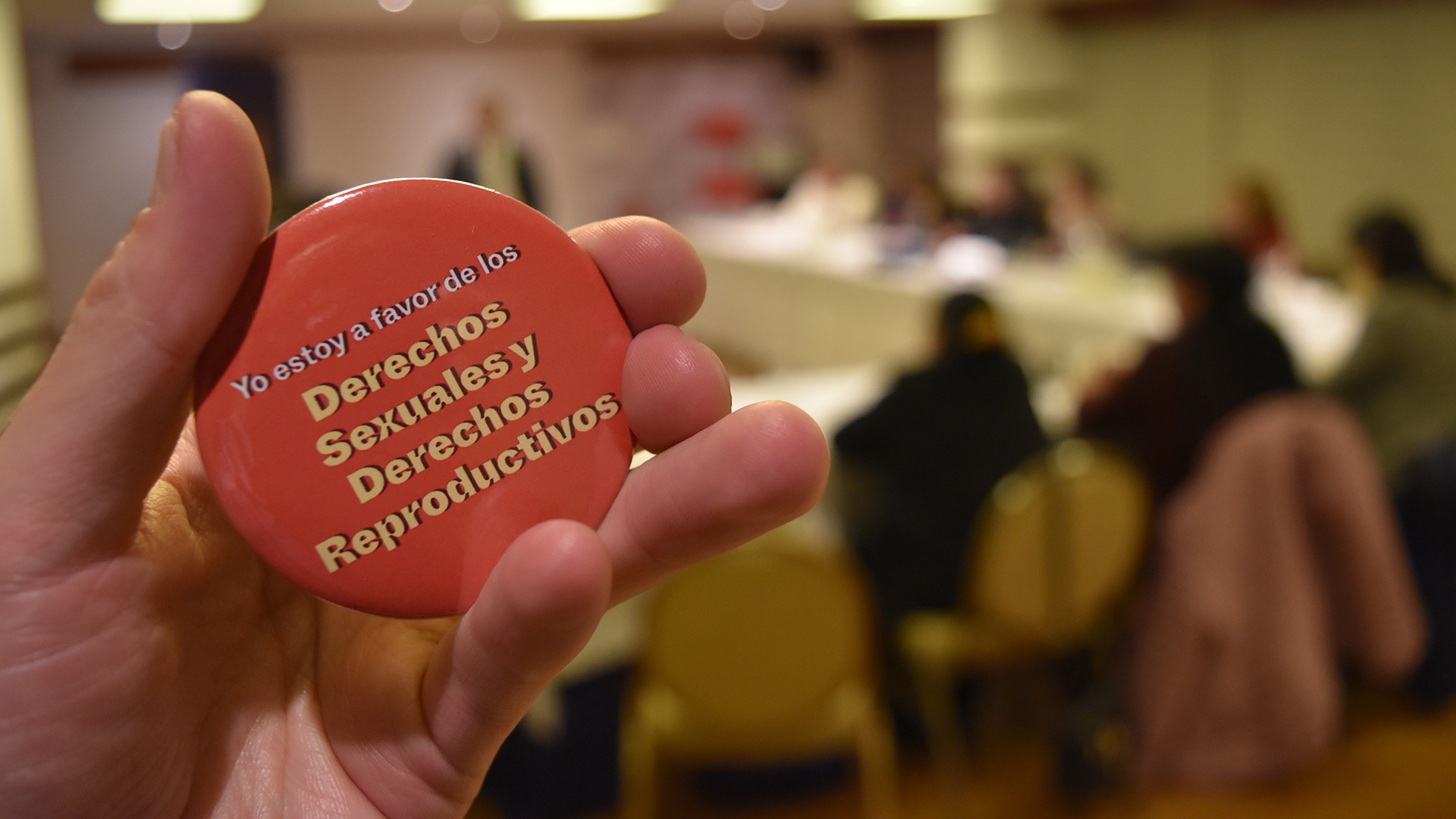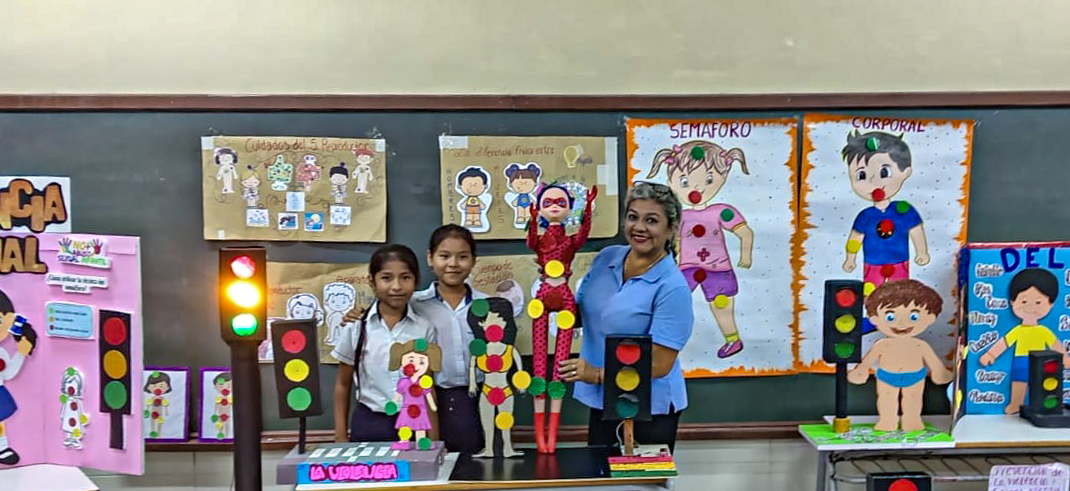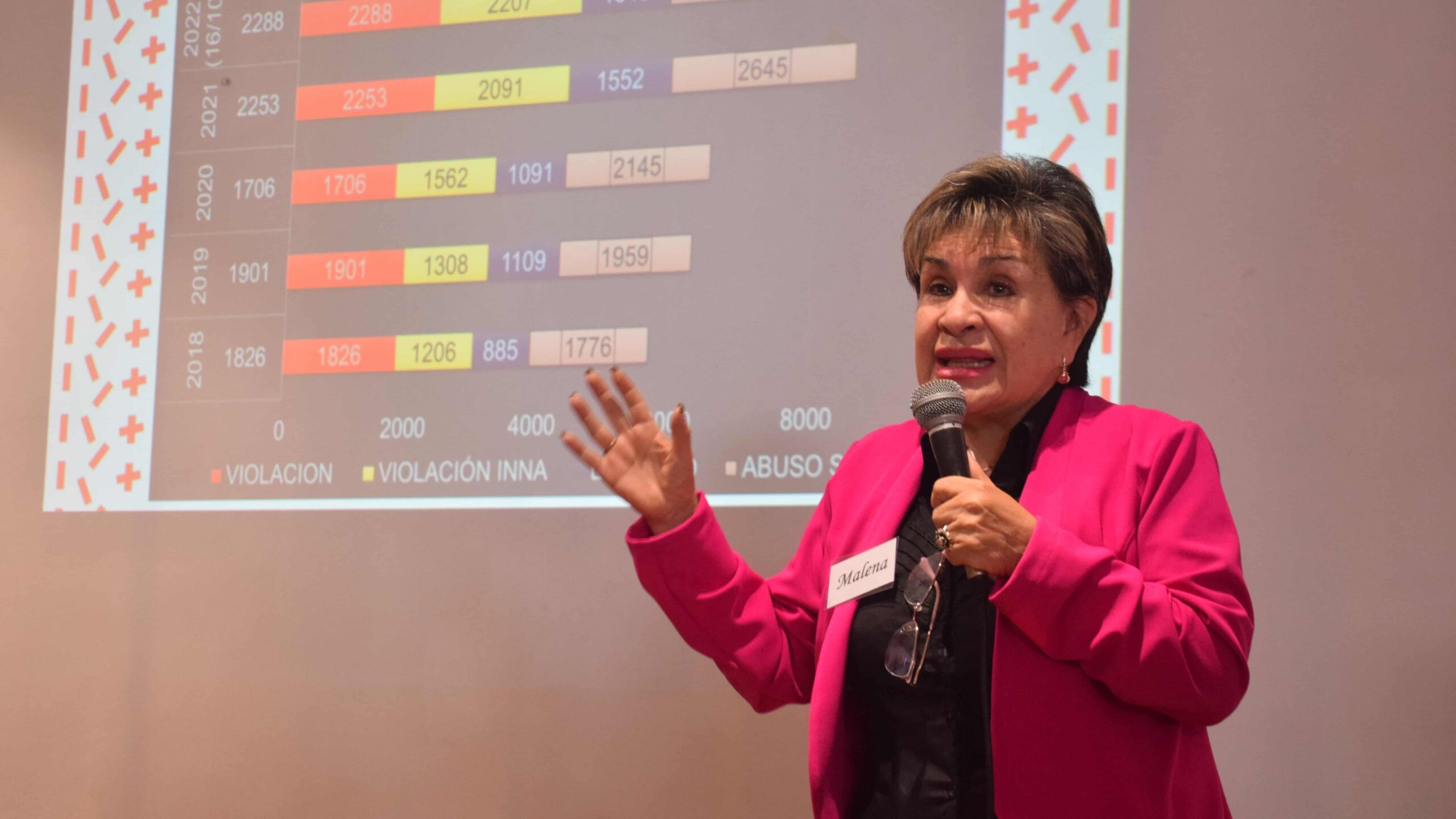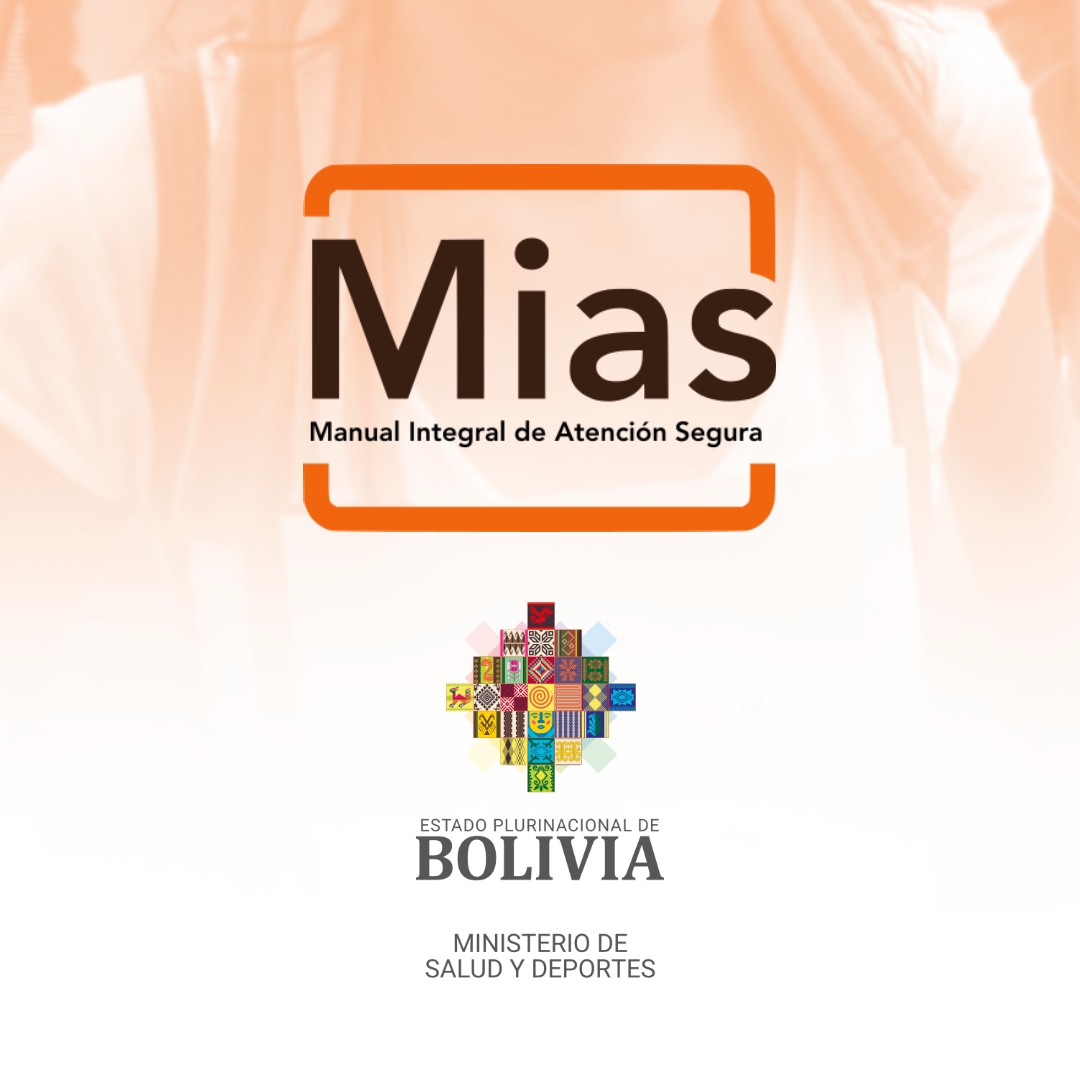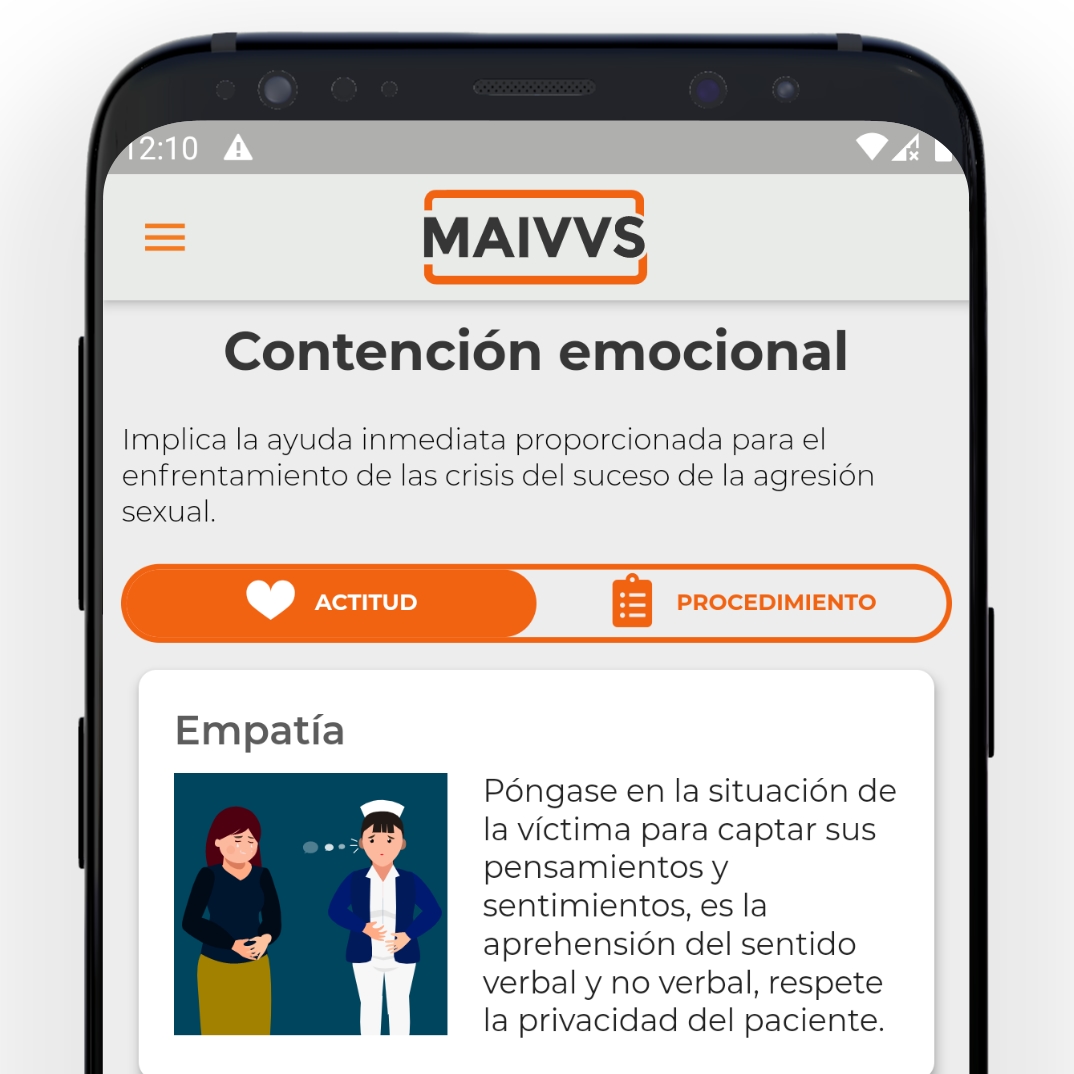On May 23, Ipas Bolivia led the Departmental Inter-institutional Conference for the Care of Victims of Sexual Violence at the Hotel Presidente in the city of La Paz. This meeting aimed to strengthen coordination between key institutions and improve comprehensive care for victims of sexual violence.
This activity is part of Ipas Bolivia’s efforts to strengthen the implementation of the Inter-Institutional Action Route (RAI), a tool promoted by the Bolivian government to ensure coordinated, timely and rights-based responses to women, adolescent girls and girl survivors of sexual violence. Ipas has accompanied this process by providing technical assistance, generating key inputs, and promoting coordination between the health, justice, police and specialized services sectors.
The event brought together representatives and personnel from key institutions in this process, including first and second level hospitals, the Special Force to Combat Violence (FELCV), the Departmental Health Service (SEDES), and the Ministry of Health and Sports. The main purpose of the meeting was to reinforce the inter-institutional commitment, exchange experiences and update technical knowledge for a better application of the RAI in the department of La Paz.
%2011.51.16%E2%80%AFa.%C2%A0m..png)
The opening included remarks by Dr. Juan Carlos Camacho, technical director of SEDES La Paz; the Ministry of Health and Sports; Dr. Malena Morales, Country Director of Ipas Bolivia; Cnl. DESP. MSc. Mirco António Sokol Saravia, Director A.I. of the FELCV; and the representation of the Public Prosecutor’s Office. All authorities agreed on the importance of a joint action that prioritizes the physical and emotional well-being of the survivors.
During the morning, the main barriers identified in the collection of medical evidence, the use of the single certificate of Law 348 and the legal interruption of pregnancy were presented, as well as the value of the evidence box in judicial processes. Also, FELCV staff trained on the chain of custody and its relevance to ensure justice.
%2011.57.46%E2%80%AFa.%C2%A0m..png)
In the second part of the day, participants organized themselves into thematic tables to work on simulated cases that required articulation between the different sectors. These exercises made it possible to reflect on the role of each institution within the RAI and to rehearse effective coordination for the benefit of the victims.
Sergeant Major Jorge Luis Choque Fernández, in charge of the area of prevention, training and inter-institutional coordination of the Felcv, commented:
“I think it is very important to focus our criteria at the work tables to standardize certain procedures, which will allow us to provide better care to both victims who come to the police and health centers, in addition to strengthening our inter-institutional efforts.”
The day concluded with the delivery of evidence boxes to health facilities, reaffirming the commitment of the institutions present to continue strengthening comprehensive, empathetic and non-revictimized care for all victims of sexual violence.

